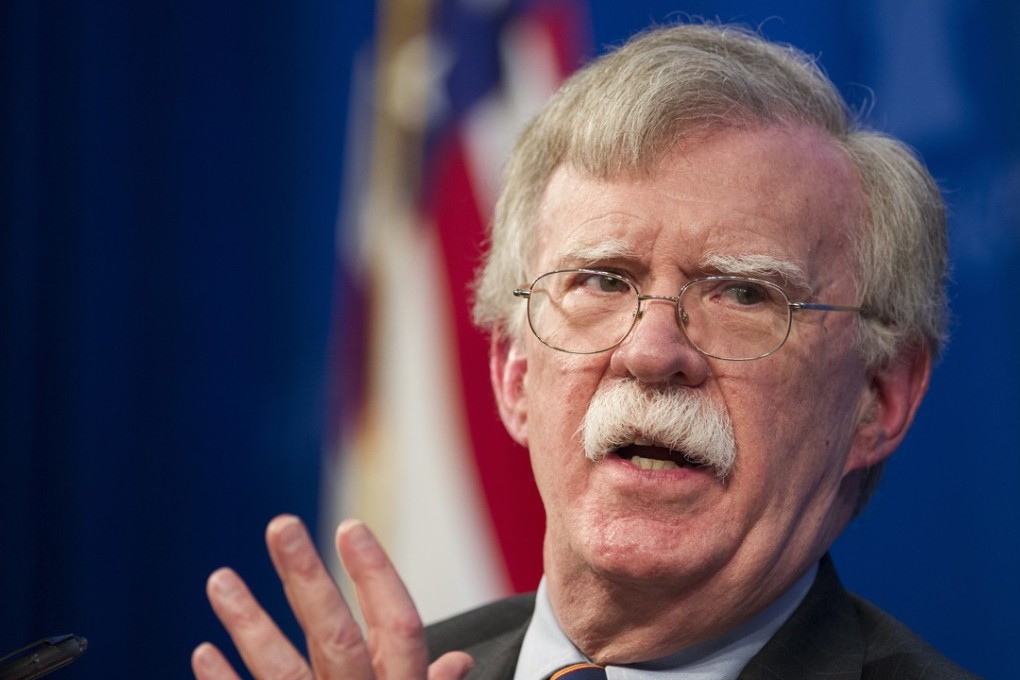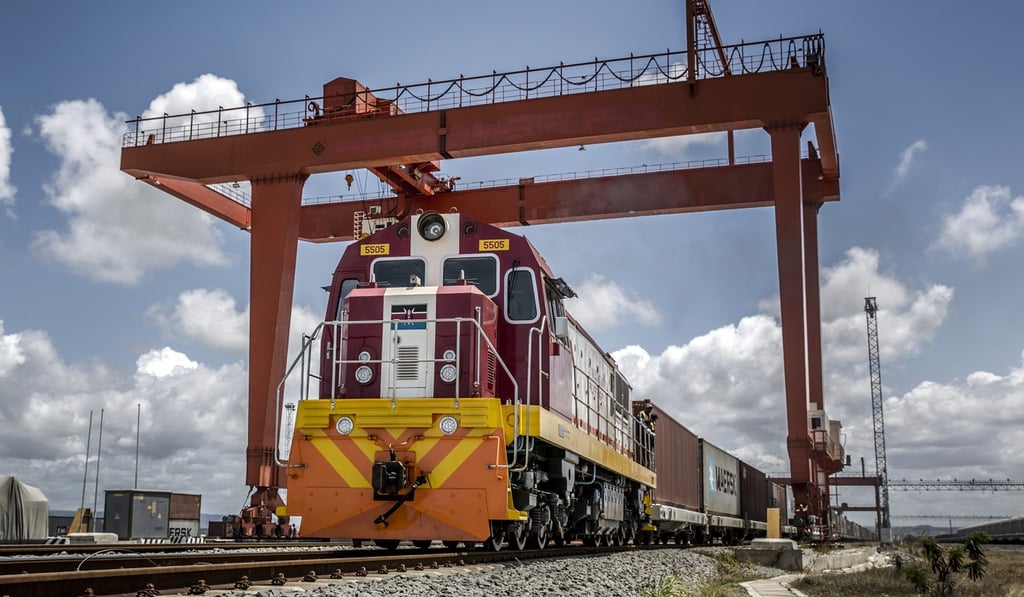China and Russia projects in Africa are US security issues, top adviser to Donald Trump says
- John Bolton, US national security adviser, says Washington must counter ‘predatory practices’ by Beijing and Moscow

The United States considers it a foreign policy priority to counter China and Russia as they exert “predatory practices” in growing their economic and political influence in Africa, US National Security Adviser John Bolton said on Thursday.
Framing it as a top national security objective, Bolton said the US would build up economic ties with the region to create opportunities for American businesses and protect the independence of African countries.

“Great power competitors, namely China and Russia, are rapidly expanding their financial and political influence across Africa,” Bolton said. “They are deliberately and aggressively targeting their investments in the region to gain a competitive advantage over the United States.”
Bolton made the remarks in a speech at the Heritage Foundation, a think tank based in Washington, just two weeks after Chinese President Xi Jinping and his US counterpart Donald Trump reached a tentative agreement during the G20 meetings in Buenos Aires, Argentina, not to escalate the two countries’ months-long trade war.
Since then, follow-up trade talks have already been complicated by the arrest in Canada of Sabrina Meng Wanzhou, the chief financial officer of China’s telecoms giant Huawei Technologies, acting on a US request for extradition which has been met with fury from Beijing.